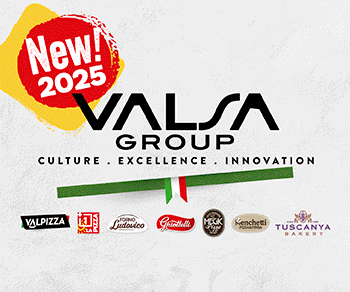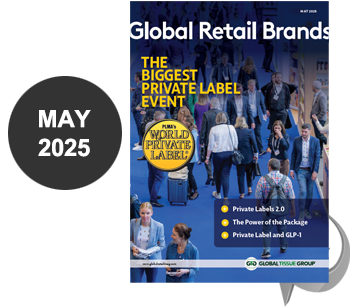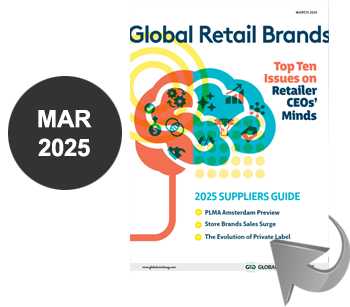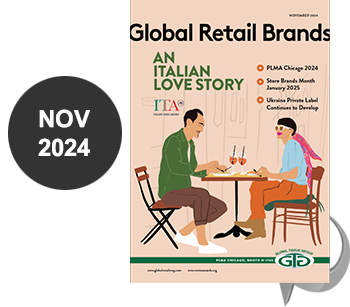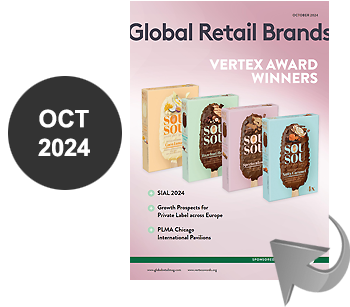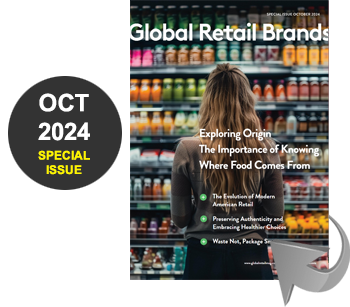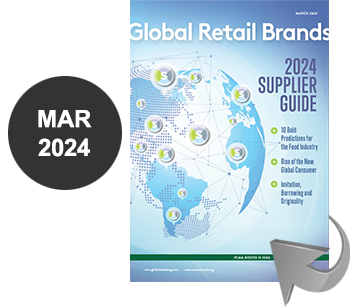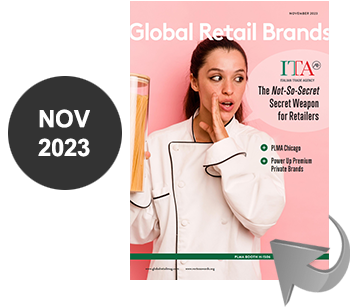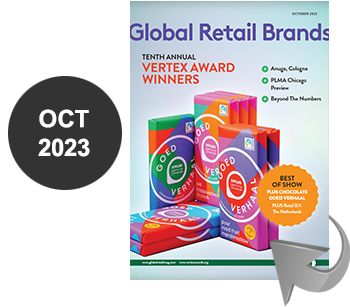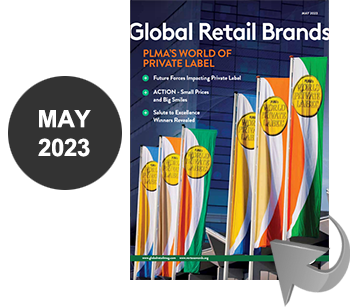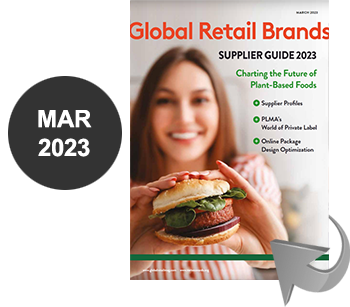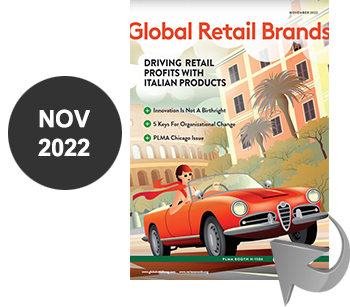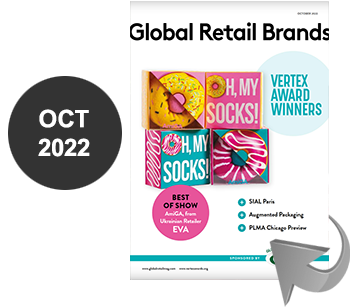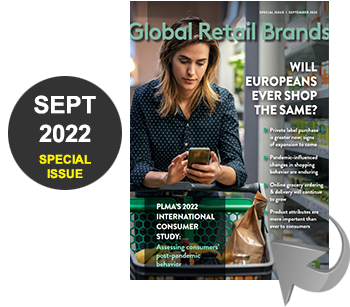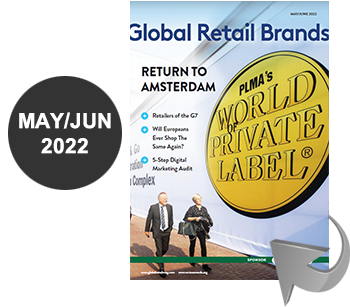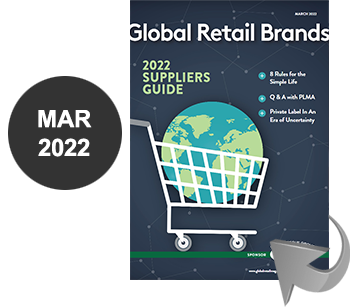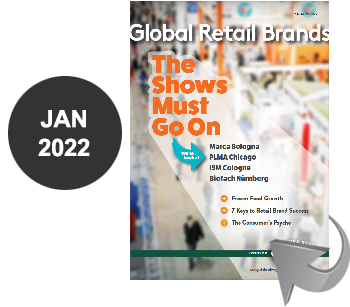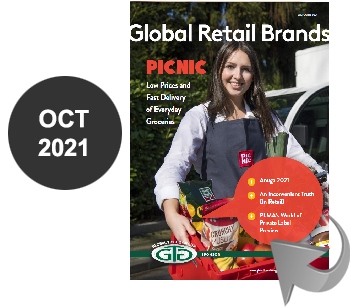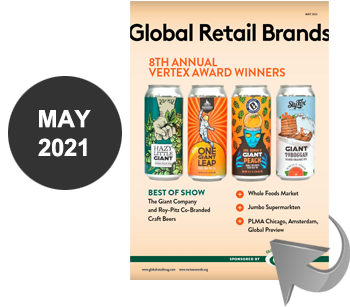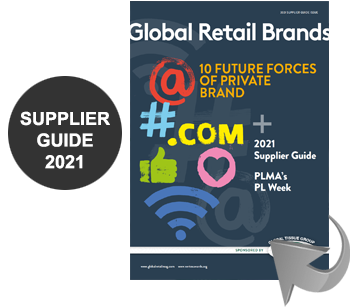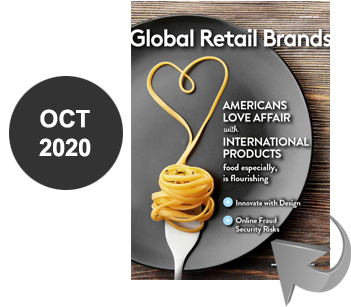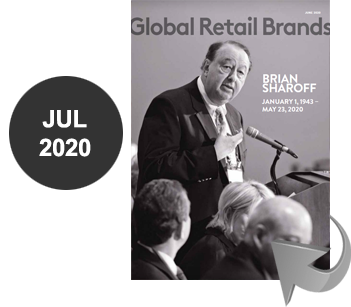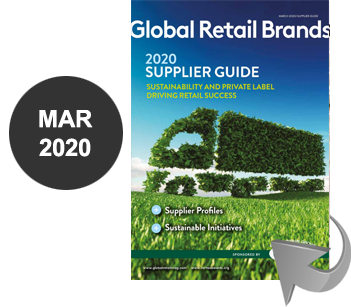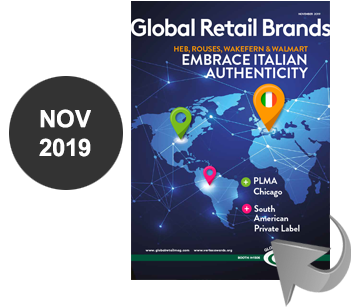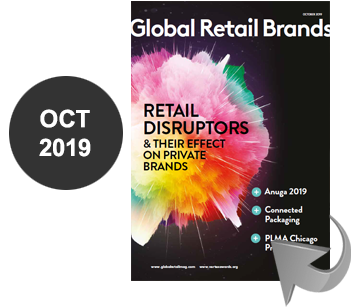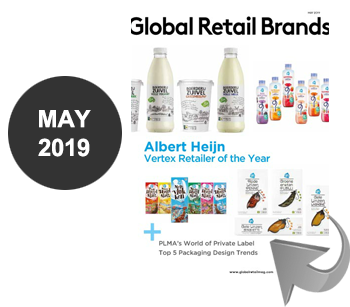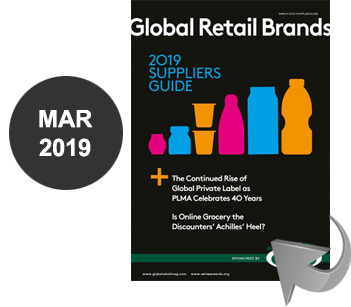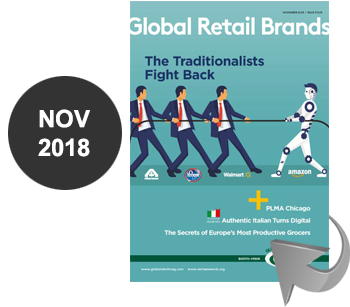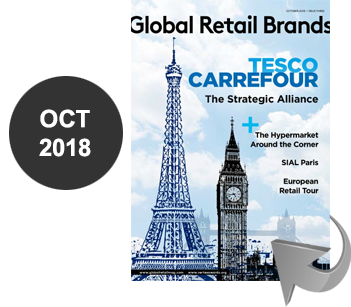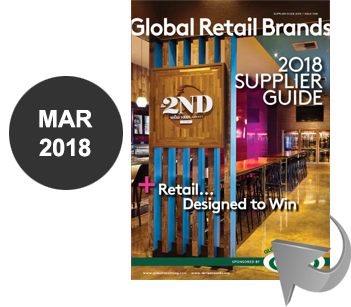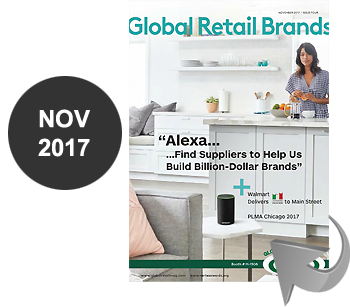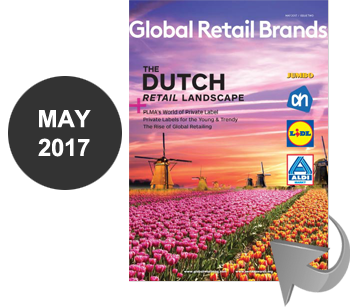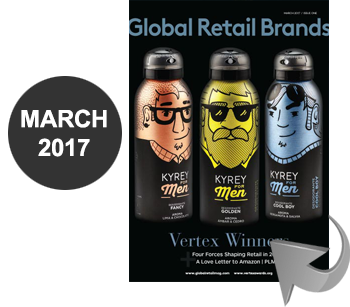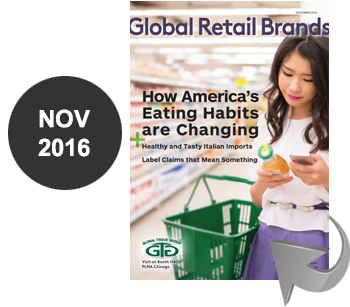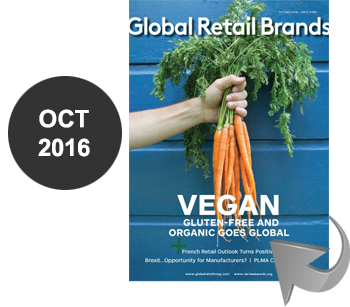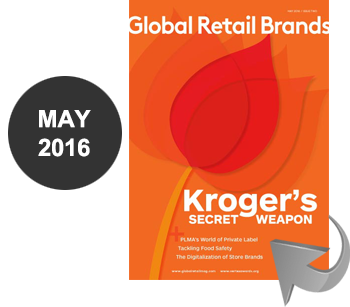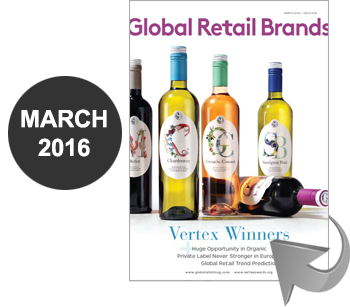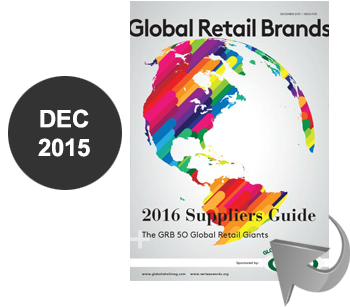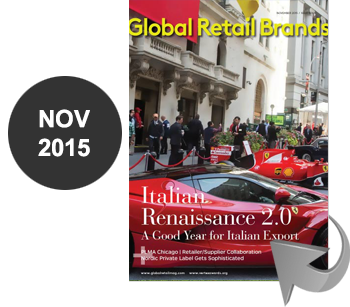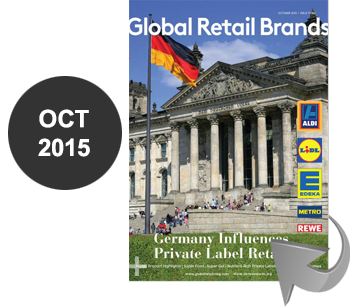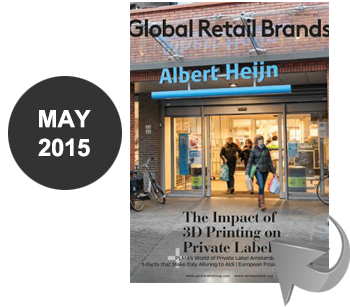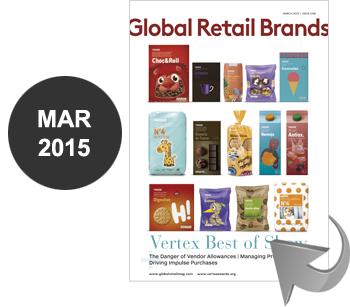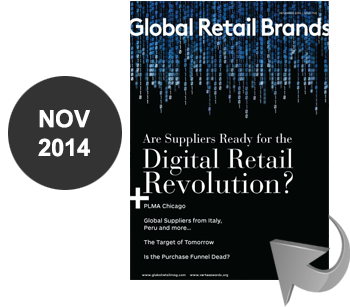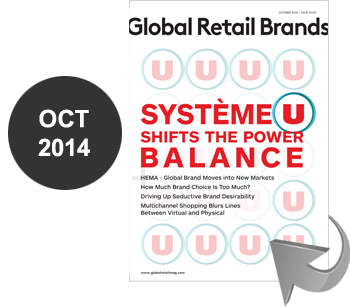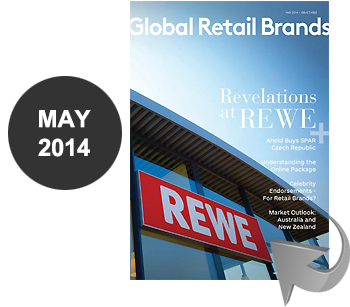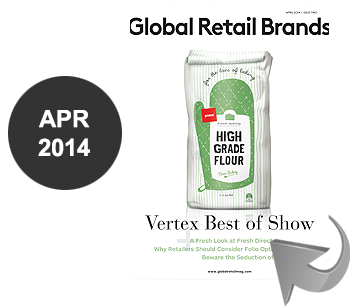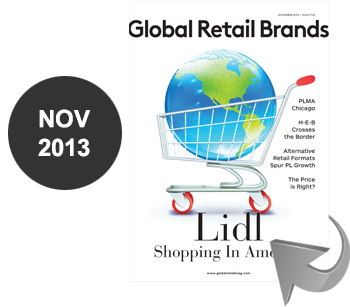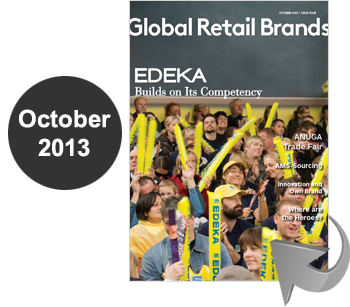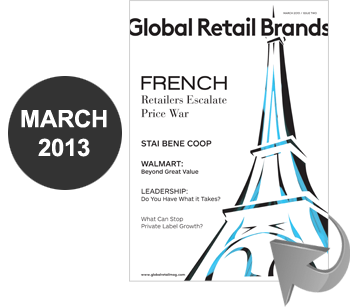by George Puro, President, Puro Research
Our latest review of store brand innovations and trends uncovered several themes, including inflation, plant-based foods, reusable packaging, green toothbrushes and retail collaborations.
Countering Inflation
Kroger’s private label sales achieved its best year ever in 2020, totaling $26.2 billion in sales, up 13.6% over 2019. In fact, the company says that its private label sales – which it calls Our Brands – is a business eight times larger than the sales of the largest CPG company selling in its stores. Yet, Kroger is always looking for ways to innovate and expand this pie. Kroger said it would introduce 660 new private label items in 2021.
Kroger Chairman and CEO Rodney McMullen told Wall Street analysts in September that Kroger’s private label brand activity positions the company well should consumers trade over to private label because of inflationary prices from national brands. But what McMullen is especially proud of is Our Brands innovation. “The business we’re gaining right now is really being created because of the innovation in our product and the quality of the product and it’s really standing on its own.”
And while retailers like Kroger contemplate price freezes for their private label products as a tactic to capitalize on inflation-induced price hikes in national brands, the tactic is already in play in some countries. Grupo Carrefour Brasil, which is Carrefour’s biggest market outside of France, announced in November that it would institute a freeze on private label prices until January 10, 2022. The company said that in Brazil in the third quarter of 2021, the company added 660 SKUs compared to the same period last year, and sales make up about 18% of total food sales. According to Grupo Carrefour Brasil:
“The increased relevance of private label items demonstrates the quality of our products and their relevance in client baskets, especially in a continued inflationary and volatile environment.”
Store Brands Stay
In the Loop Addressing packaging issues continues to be a consistent priority for retailers. Tesco is no exception. Tesco jumped into reusable packaging in September 2021 by partnering with Loop, a reusable packaging platform developed by Terracycle. The Tesco program launched with 88 products, including 35 of its own brands. Customers in 10 Tesco stores in the east of England can buy specially marked products, use them at home, and then return the empty containers to the Loop fixture in the store, where they will receive a container deposit back. The containers will then be cleaned and redistributed for use by the manufacturers.
In France, Carrefour’s partnership with Loop dates back to 2019, when Carrefour said it would trial the system with about 200 products, including about 30 of its own private label brands. Carrefour moved to an in-store model for Loop in December 2020.
The Loop system started as a home delivery vehicle almost akin to how milk was once delivered and picked up. For retailers like Loblaw’s in Canada, the experience started solely online, with consumers ordering products participating in the Loop program, including national brands and private labels such as Loblaw’s President’s Choice brand. Consumers could then schedule a date for free pickup or return their used packaging through FedEx locations.
The online phase of the trial is winding down, however, and several retailers are instead embarking on in-store trials, including Kroger’s Fred Meyers chain, which is testing it with a six-month trial in separate Loop aisles in 25 Oregon stores. The Fred Meyers test will include about 20 products initially, including national brands and Kroger’s own brands such as Simple Truth soap. Other retailers trialing the system include AEON (Japan) and Woolworths (Australia), as well as foodservice chains such as McDonald’s (U.K.), Burger King (U.S.) and Tim Hortons (Canada).
Eat Your Greens
Tesco has focused on making plant-based eating more affordable. It launched the Plant Chef brand in 2019, led by Tesco’s Director of Plant-Based Innovation Derek Sarno. Sarno had previously debuted the Wicked Kitchen plant-based brands at Tesco in the U.K. and this summer, in the U.S. In an announcement on Twitter that coincided with the United Nations Climate Change Conference, popularly known as COP26, Tesco said it was dropping prices on Plant Chef products – calling it “good for your pocket, even better for the planet.”
In September, Loblaw’s added to its range of 80 plant-based options in its PC Plant Based line up with such offerings as PC Plant Based Cultured Oat Yogurt Alternative, PC® Plant Based Brownie Baking Mix and PC Plant Based Butter Alternative – Salted.
Green Teeth
One recent innovative entry from Carrefour into sustainable products are toothbrushes with interchangeable heads. The Carrefour Soft line introduced two types – a “classic” range with medium heads and a “sensitive” range with soft heads. To further reduce the environmental impact, the line is packaged in 100% recyclable cardboard instead of blister packs often used for toothbrush packaging.
Retail Collaborations
One recent Kroger innovation is through a creative collaboration. In November 2021, Kroger announced a partnership with Bed Bath & Beyond, in which Kroger would sell Bed Bath & Beyond products – both national brands and BB&B’s own brands – in categories such as bedding, storage, baby furniture and gear. Products will be sold online only initially, but will be piloted in-store in early 2022.
Lofty Goals
Kroger also announced sustainability goals for its Our Brands portfolio, targeting 100% recyclable, compostable and reusable packaging by 2030.
Beating that, retailers such as Carrefour, Aldi and Ahold all plan to change over their private label packaging to sustainable materials by 2025.
George Puro is President of the Puro Research Group, a market intelligence firm specializing in consumer insights, competitive/market intelligence and analysis. Puro’s services are designed to keep you abreast of the latest trends, make you look smart in presentations and help guide decision-making. The company has provided organizations and companies, ranging from Fortune 100 companies to startups, with aha! insights about competitors, customers and industries in a variety of topics and industries, including consumer products; retail; transportation, travel and hospitality; healthcare and health insurance; financial services and investment banking; traditional marketing, as well as digital and social media marketing.






